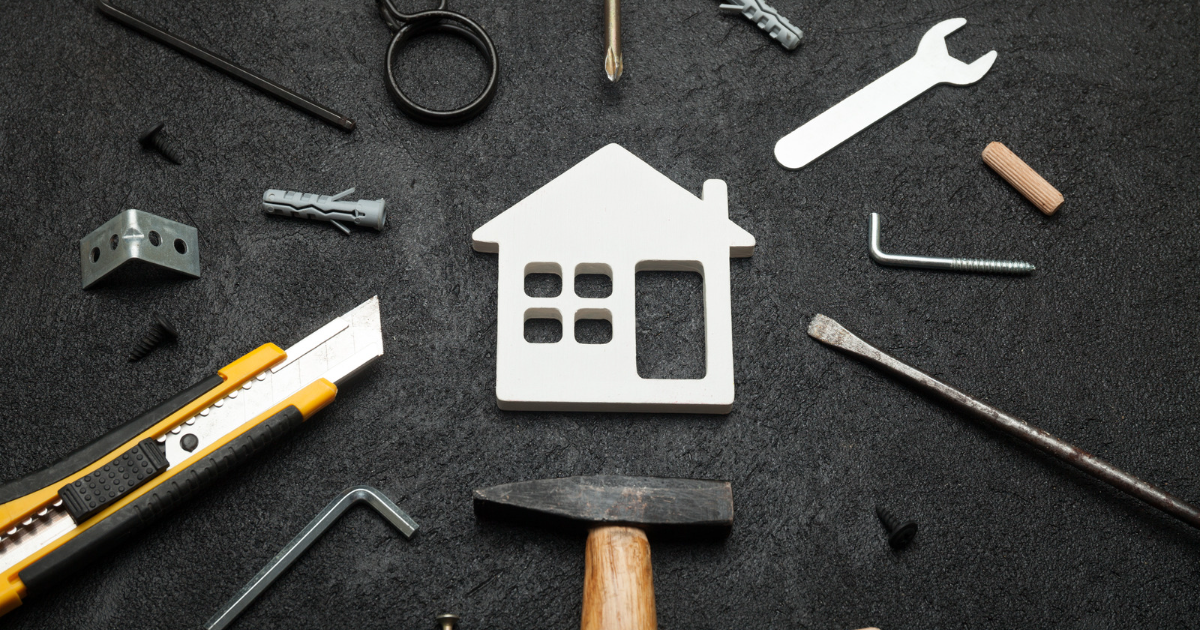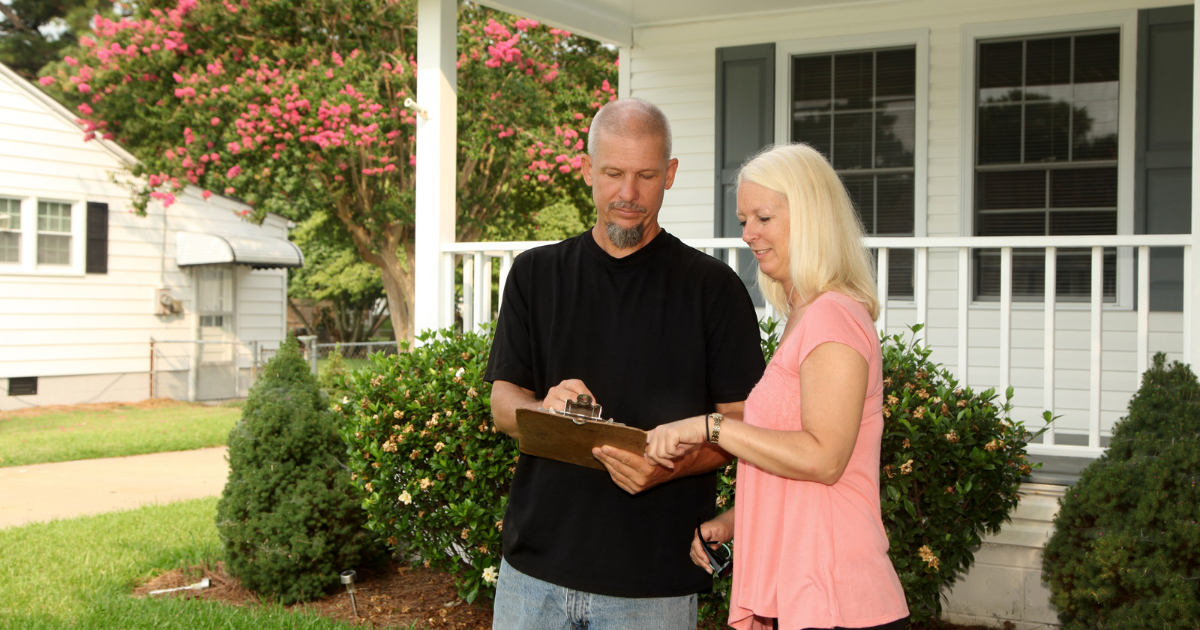As a landlord, one of your most important responsibilities is ensuring that your rental properties are in good repair. Not only does this ensure that your tenants are happy and comfortable, but it also helps to protect your investment in the property. However, it can be difficult to know exactly who is responsible for what repairs. In this guide, we’ll take a closer look at the topic of Rental Property Repairs and answer some common questions landlords may have.
Introduction
When you own a rental property, it’s important to be aware of your responsibilities as a landlord when it comes to repairs. Not only is it your legal obligation to ensure that the property is safe and habitable, but it’s also in your best interest as a property owner to keep the property well-maintained.
However, it can be confusing to know exactly who is responsible for what repairs. This guide will help you understand your obligations as a landlord and provide some tips for managing repairs on your rental property.
[ez-toc]

Landlord’s Responsibilities for Rental Property Repairs
- Provide a safe and habitable living environment for tenants.
- Maintain the rental property in good repair and promptly address any repair issues.
- Conduct regular inspections to identify and address any maintenance issues.
- Ensure that all essential systems and appliances, such as heating, plumbing, and electrical, are in good working order.
- Respond promptly to repair requests from tenants and schedule repairs as soon as possible.
- Hire qualified and reputable contractors for repairs and maintenance work.
- Comply with all relevant building and safety codes and regulations.
- Keep accurate records of repairs and maintenance work performed on the rental property.
- Inform tenants in advance of any planned maintenance or repair work that may cause disruption.
- Provide tenants with a copy of the lease agreement outlining their responsibilities for reporting repair issues and caring for the rental property.
By fulfilling these responsibilities, landlords can protect their investments, maintain a positive relationship with their tenants, and comply with legal obligations.
Implied Warranty of Habitability
One of the most important responsibilities of a landlord is to ensure that the rental property is habitable. This is known as the implied warranty of habitability, and it is a legal obligation that exists in most states.
The implied warranty of habitability means that the landlord must provide a rental property that is safe, clean, and free from hazards that may affect the tenant’s health or safety. This includes ensuring that the property has adequate heating, plumbing, and electrical systems, as well as providing proper sanitation facilities.
Statutory Obligations
In addition to the implied warranty of habitability, landlords may also have specific statutory obligations related to repairs. For example, some states require landlords to provide functioning smoke detectors and carbon monoxide detectors in rental properties.
Other states may have specific requirements related to the installation and maintenance of heating systems or plumbing fixtures. It’s important to be aware of any statutory obligations that apply to your rental property and ensure that you are meeting those requirements.
Lease Agreements
Lease agreements can also play a role in determining landlord responsibilities for repairs. Some lease agreements may specify that the tenant is responsible for certain repairs, while others may assign responsibility to the landlord.
It’s important to review your lease agreement carefully and understand what repairs you are responsible for as the landlord.
Tenant Responsibilities for rental Property Repairs
While landlords have a legal obligation to ensure that the rental property is habitable and in good repair, tenants also have some responsibilities when it comes to repairs. Here is a guide on How to the perfect renter.
Damage Caused by Tenant Negligence
If a tenant causes damage to the rental property through their own negligence, they may be responsible for the cost of repairs.
For example, if a tenant clogs a drain by pouring grease down it, they may be responsible for paying for a plumber to unclog the drain.
Landlords can include provisions in the lease agreement that hold tenants responsible for damage caused by their own negligence.
Reporting Repairs and Maintenance Issues
Tenants are also responsible for reporting any repairs or maintenance issues to the landlord in a timely manner. This allows the landlord to address the issue before it becomes a larger problem. As a landlord, it’s important to provide tenants with clear instructions on how to report repairs or maintenance issues and to respond promptly to those reports.
Tenant Vs Landlord’s Basic Responsibilities:
| Responsibilities | Landlord | Tenant |
| Rental Payments | Collect rent payments on time | Pay rent on time |
| Property Maitenance | Maintain the property in good repair and habitable | Keep the rental unit clean and undamaged |
| Repairs and Maintenance | Ensure the property is safe and habitable | Report repairs and maintenance issues promptly |
| Property Inspetions | Conduct routine inspections to ensure property safety | Allow landlord access for inspections as needed |
| Utilities | Ensure utilities are in working order | Abide by the terms of the lease agreement |
| Lease Agreement | Provide lease agreement outlining rental terms | Pay for utilities as outlined in the lease agreement |
Common Rental Property Repair Issues and Who Is Responsible

When it comes to Rental Property Repairs, certain issues are more common than others. Let’s take a look at some of the most common repair issues and who is responsible for addressing them.
Plumbing and Water Issues
Plumbing and water issues are some of the most common repair issues that landlords may face. This can include anything from a leaky faucet to a burst pipe. In general, landlords are responsible for repairing any plumbing or water issues that are not caused by the tenant’s negligence.
Heating and Cooling Systems
Heating and cooling systems are also common repair issues in rental properties. Landlords are generally responsible for ensuring that the heating and cooling systems are in good working order and for addressing any issues that arise.
Electrical Issues
Electrical issues can pose a safety hazard for tenants, so it’s important to address them promptly. Landlords are generally responsible for ensuring that the electrical system is safe and functioning properly.
Structural and Exterior Issues
Structural and exterior issues can range from a broken window to a damaged roof. Landlords are generally responsible for repairing any structural or exterior issues that are not caused by the tenant’s negligence.
Hiring Contractors for Rental Property Repairs

When repairs are necessary on a rental property, landlords may need to hire contractors to complete the work. Here are some tips for hiring contractors for Rental Property Repairs:
Finding a Reputable Contractor
It’s important to find a contractor who is experienced, reliable, and trustworthy. Ask for recommendations from other landlords or property managers, or search online for reviews of local contractors.
Obtaining Estimates
Before hiring a contractor, it’s a good idea to obtain estimates from several different contractors. This can help you compare prices and ensure that you are getting a fair price for the work.
Communicating with Contractors
When working with contractors, it’s important to communicate clearly and establish expectations upfront. Make sure that you have a written contract that outlines the scope of the work, the timeline for completion, and the cost of the work.
FAQs
Who is responsible for Rental Property Repairs, the landlord or the tenant?
As per the law, landlords are generally responsible for Rental Property Repairs, as they are legally obligated to provide tenants with a safe and habitable living environment.
However, tenants may also be responsible for repairs caused by their own negligence or intentional damage.
Can landlords require tenants to pay for Rental Property Repairs?
Landlords can require tenants to pay for repairs if the repairs are due to damage caused by the tenant’s negligence or intentional misconduct. Otherwise, it is the landlord’s responsibility to cover the cost of repairs.
What should landlords do if tenants report a repair issue?
When tenants report a repair issue, landlords should promptly investigate and address the problem. This includes scheduling repairs or maintenance as soon as possible to ensure that the rental property remains safe and habitable.
How can landlords find reputable contractors for Rental Property Repairs?
Landlords can find reputable contractors for Rental Property Repairs by asking for referrals from other landlords, property management companies, or real estate professionals.
They, can also research local contractors online, check their reviews and ratings, and verify their licenses and insurance.
What happens if landlords don’t make necessary repairs on a rental property?
If landlords don’t make necessary repairs on a rental property, tenants may have legal recourse. They may be able to file a complaint with the local housing authority, withhold rent payments until the repairs are made, or even break the lease agreement and move out of the property.
In some cases, tenants may also be able to sue the landlord for damages. Landlords need to prioritize Rental Property Repairs to avoid potential legal issues and maintain a positive relationship with their tenants.
